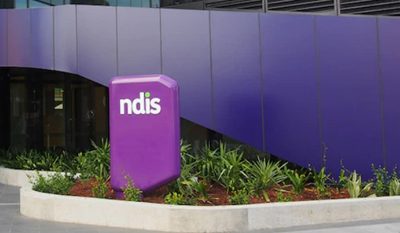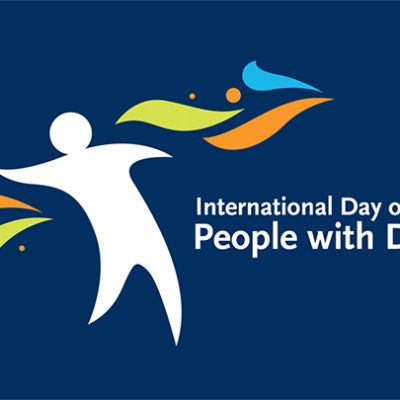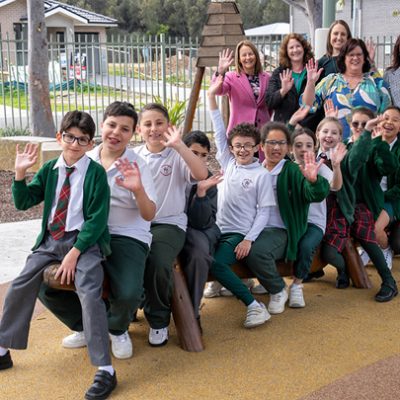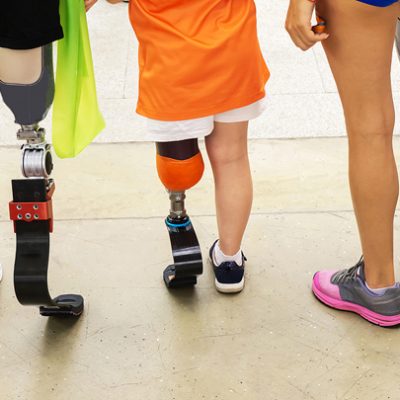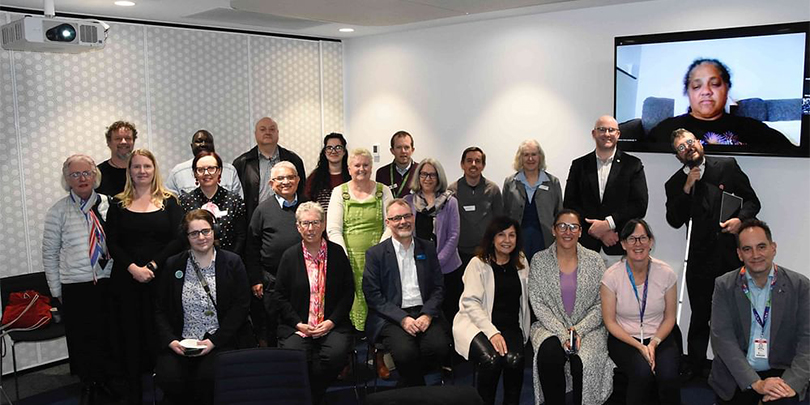
The inaugural “Idol Talk? In the Image of the Disabled God” conference brought together diverse voices, including theologians and activists, to rethink the Church’s engagement with individuals living with disabilities. Source: Melbourne Catholic.
The conference was held at Australian Catholic University in Melbourne on May 23.
Hosted by ACU’s Institute for Religion and Critical Inquiry and the Society of Jesus’ Loyola Institute, the conference – which drew its provocative title from theologian Nancy Eiesland’s influential book The Disabled God – asked profound questions about personhood, community and the presence of God in the lives of disabled people.
In his opening keynote, Melbourne Archbishop Peter A Comensoli delivered a meditation on what it means to say that human lives are created, not made. Drawing on the recent Vatican declaration Dignitas Infinita, Archbishop Comensoli challenged the Church to reframe how it understands those living with profound impairments.
“The profoundly impaired are simply graced humans, creatures in God’s image,” he said. “Theirs is a graced humanity, not determined by an achievement of their own. They do not participate in the life of the crucified Christ because they are with him in his suffering … Their lives are not graced because of anything they have achieved.”
Quoting St Augustine, Archbishop Comensoli acknowledged the longstanding theological struggle to make sense of disability, noting that language often falls short. Faced with the question “Are such people, people?”, the Church affirms that “All human beings – no matter the condition of their nature – are made by God, who creates only good things.”
The question, he said, is not whether someone becomes human through their capacities or social recognition, but whether we are willing to recognise the humanity already present: “One’s humanity – one’s ‘being human’ – is not determined via an invitation into the club of human beings.”
The conference brought together a broad range of voices from Church, academia and community – an important achievement in itself – and organisers and participants acknowledged this was just the beginning.
“We hope to continue the work of deepening these connections and growing a Church which both fosters the belonging of its disabled members and takes up its prophetic role to speak more broadly against exclusion,” the organisers said.
FULL STORY
In God’s image: ACU conference calls Church to rethink disability and human dignity (Melbourne Catholic)



